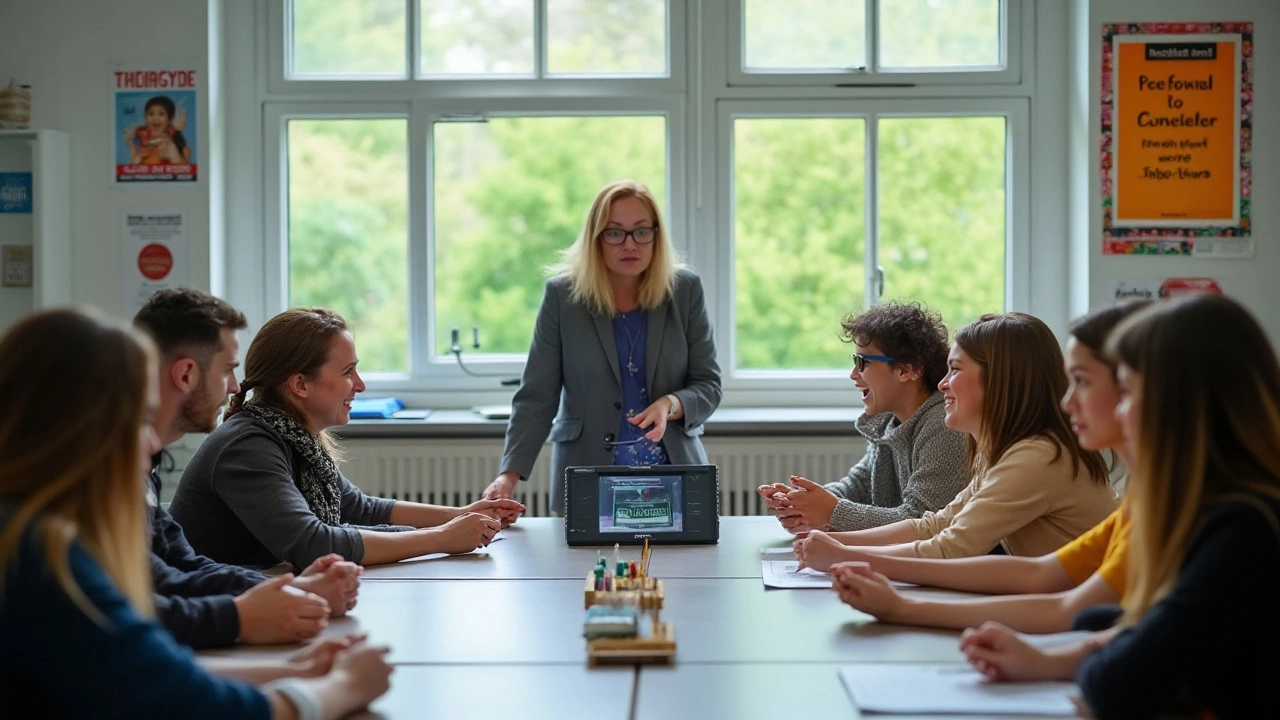Education Resources You Can Use Right Now
Looking for straight‑forward help with school, work, or personal learning? You’ve landed on the right spot. This page gathers the best short guides on everything from scholarships for everyday students to handling special‑needs behavior in the classroom. Grab a tip, try it today, and see a quick improvement.
Quick Wins for Students
Whether you’re prepping for A‑levels, SATs, or a massive exam, the right prep makes a difference. Skip the junk food before a test – choose protein and water to keep focus sharp. Use memory tricks like chunking: break a long list into groups of three or four, then repeat. If you need extra cash for tuition, don’t overlook scholarships aimed at average grades. Many organisations award funds based on effort, community work, or chosen majors – just fill out the application and explain why you deserve it.
Got a big study session coming up? Set a timer for 25 minutes, work hard, then take a five‑minute break. This Pomodoro rhythm fights fatigue and keeps the brain fresh. For online learners, remember that most students are between 20 and 35. That means you’re not alone if you juggle a job and a class – plan study blocks around your work shift, and treat each block like a mini‑class.
Tips for Teachers and Parents
Creating an inclusive classroom doesn’t have to be complicated. When you spot a child with special‑needs behavior, first pause and observe. Ask simple, open‑ended questions to understand what’s driving the action. Then, adjust the environment – a quiet corner, a fidget tool, or a short movement break can calm many kids. For teachers on a fast track, accelerated training programs let you earn a certification in as little as six months. Look for online modules that count for credit and fit into your schedule.
Parents who home‑school want to know the best grade to start. Legally you can begin at any age, but most families start before Year 2 because younger kids adapt quickly to a home setting. Blend structured lessons with real‑world projects – cooking, gardening, or building a simple website. This keeps learning practical and fun, and it mirrors the adult learning theory that says people learn best when they see immediate usefulness.
Finally, remember that learning never stops. Adults absorb new skills faster when they tie them to work goals. If you’re eyeing a high‑paying online skill, start with basics like SEO or data analysis, then practice on a real project. The more you use it, the stronger the habit becomes.
All these ideas come from educators, students, and professionals who’ve tried them and seen results. Pick one that matches your current need, apply it today, and watch your confidence grow.

















